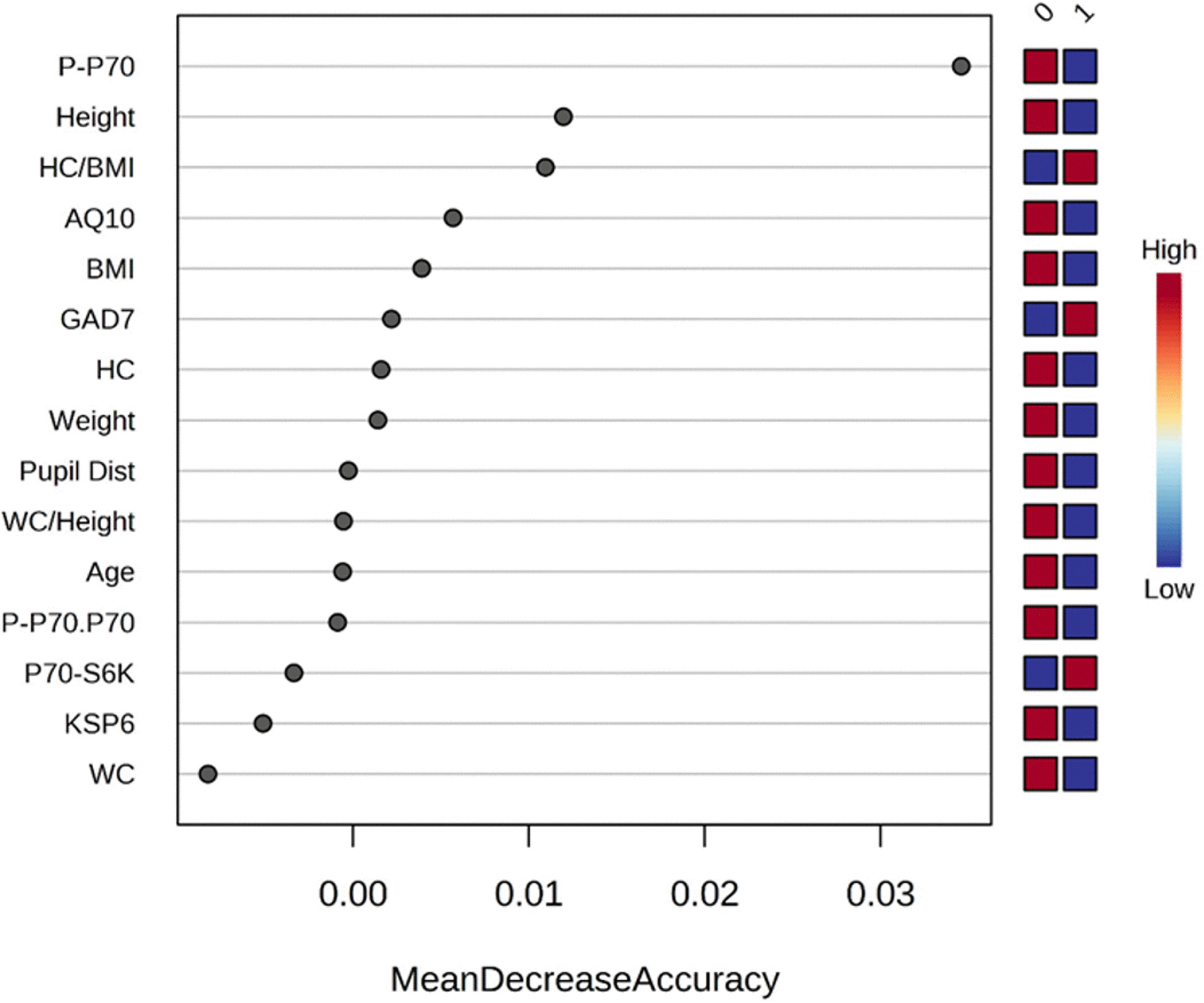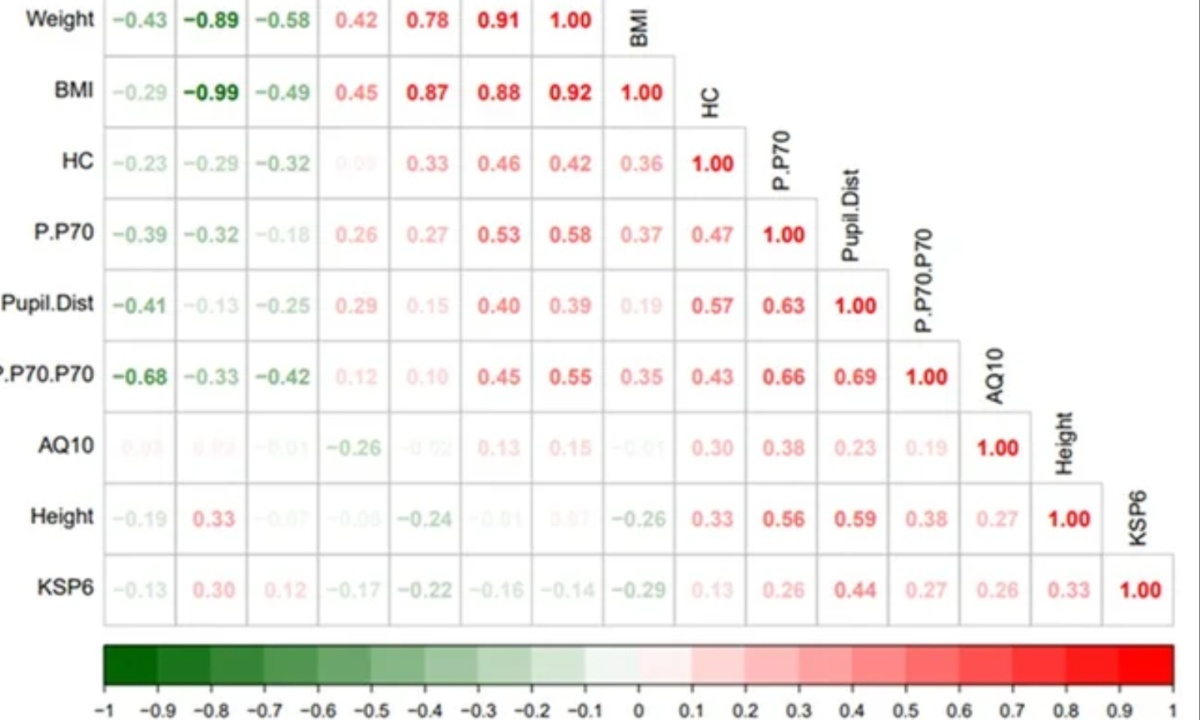A recent study titled “mTORC1 Activation in Presumed Classical Monocytes: Observed Correlation with Human Size Variation and Neuropsychiatric Disease,” published in “Aging”, explores the relationship between mTORC1 activity and various human traits and conditions.
Researchers from multiple institutions, including Woodinville Psychiatric Associates and Virginia Commonwealth University, focused on measuring the phosphorylated p70S6K protein, a key marker of mTORC1 activity, in individuals with psychiatric conditions.
Their goal was to assess whether this marker could be used to predict how patients might respond to psychiatric medications.

The researchers discovered a strong correlation between mTORC1 activity and several classical biometric measures such as height, macrocephaly (enlarged head size), and pupil distance.
Additionally, they found that this activity was associated with specific neuropsychiatric disorders, including anxiety and autism. This suggests that mTORC1 activity is linked not only to physical characteristics but also to certain psychiatric profiles.
The study’s findings indicate that variations in mTORC1 function during the transformation of stem-like monocytes into macrophages might be related to physical size and specific neuropsychiatric conditions.
The researchers also noted a connection between mTORC1 activity and the effectiveness of treatments like ketamine or rapamycin, which are used in clinical settings for certain psychiatric conditions.
The research highlights the potential of using mTORC1 activity as a biomarker for predicting medication response and understanding the underlying mechanisms of neuropsychiatric diseases. This could pave the way for more personalized treatment approaches based on individual biochemical profiles.
